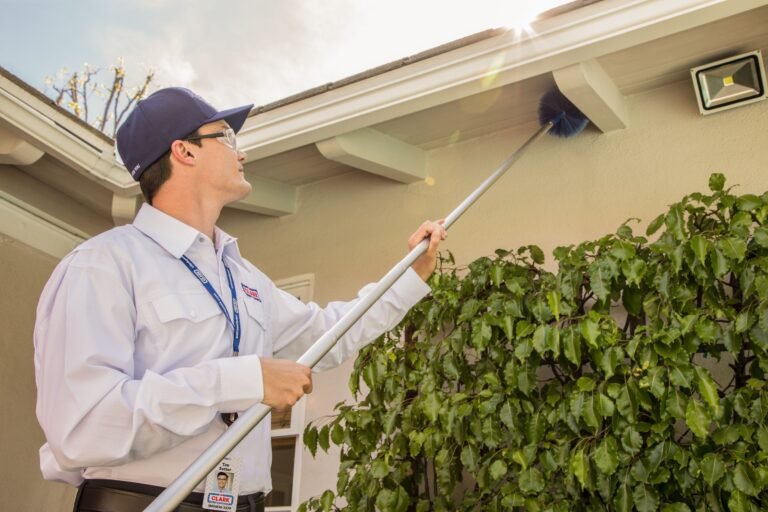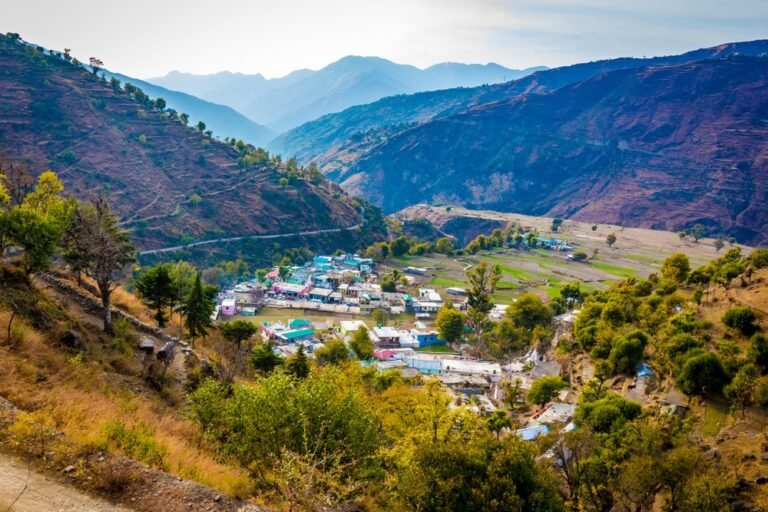Top 5 Essential Survival Skills Every Hunter Should Master
Navigating the Wild
A core component of any successful hunt is navigation. While modern technology provides GPS and mobile apps, hunters should not solely rely on these tools, as batteries can die or devices can fail. Knowing how to read a map and use a compass is a fundamental survival skill. Even the most experienced hunters can lose their bearings in unfamiliar terrain.
Learning to identify natural landmarks, understanding how to follow animal trails, and reading the sun’s position can help you return to camp safely. These techniques are particularly helpful when navigating dense forests or remote areas. By mastering these methods, hunters can prevent getting lost and enjoy their time in nature with confidence.
Building Shelter
Even the most carefully planned hunts can go awry. Whether due to sudden weather changes or unexpected nightfall, knowing how to build a shelter is crucial. A well-constructed shelter can protect hunters from the elements—such as rain, wind, and cold—while also offering a place to rest.
To construct a basic shelter, hunters should use materials available in the environment, like branches, leaves, and even snow. Understanding how to build a lean-to, debris hut, or tarp shelter using natural resources is an important survival skill. The ability to set up a quick shelter not only ensures comfort but also guards against hypothermia or exhaustion in the wild.
Starting a Fire
Fire is essential in the wild for warmth, cooking, and signaling for help. Hunters should practice starting a fire using different methods, including using a lighter, flint and steel, or even friction-based techniques like the bow drill. This survival skill is indispensable, especially if you’re caught in cold or wet conditions where hypothermia becomes a threat.
Fire also keeps predators at bay, making your camp area safer. For hunters, this skill is critical when needing to prepare food after a long day in the field. Whether you’re roasting a fresh catch or keeping the cold at bay, the ability to start a fire efficiently can be a lifesaver.
Purifying Water
In the wilderness, finding clean, drinkable water can be a challenge. Dehydration sets in quickly, so mastering the survival skill of water purification is crucial. Even clear streams or rivers can contain harmful bacteria and parasites. Hunters should be familiar with multiple ways to purify water, including using water purification tablets, boiling, or filtering through cloth and charcoal.
Knowing how to locate water sources, such as tracking animal movements or recognizing plant life that signals water, is also a valuable skill. In dry, hot climates like Springtime hunting in Texas, where water may be scarce, this knowledge becomes even more vital. By ensuring you have access to safe drinking water, you can extend your time in the field and maintain your stamina.
Tracking and Hunting Game
While survival is the ultimate goal in challenging situations, the ability to track and hunt game for food remains one of the most essential survival skills for hunters. Learning to read animal tracks, recognize feeding patterns, and identify bedding areas helps you find game quickly.
Additionally, understanding how wind direction affects animal behavior or how to set up a successful blind enhances your hunting strategy. The art of patience also plays a significant role in hunting; knowing when to move and when to stay still can mean the difference between success and failure. Mastering this skill ensures that hunters can provide food during extended trips into the wilderness.
Enhancing Your Survival Skills
Mastering these five essential survival skills not only improves your safety but also enriches the overall hunting experience. Hunters who prepare for the unexpected and adapt to nature’s challenges are better equipped to handle whatever the wilderness throws at them. By developing these skills, you’ll find more enjoyment in the process of the hunt, knowing you can thrive in even the harshest conditions.
Whether you are a seasoned hunter or someone preparing for Springtime hunting, the importance of survival skills cannot be overstated. The ability to navigate, build shelter, start a fire, purify water, and track game will elevate your performance in the field. As a result, you’ll not only return home with a successful hunt but with stories of resilience and mastery over the natural world. Take the time to practice these skills before heading out on your next hunt. Preparation in advance will ensure that when you’re deep in the wilderness, you’re ready for anything nature throws your way.






